Creating Connections Between Yom HaZikaron and Memorial Day
By Liat Lisha, Shlicha of Northern Virginia
In July 2017, I began my training in Jerusalem in preparation for my role as the Shlicha (Hebrew meaning “Emissary”) at the Jewish Community Center of Northern Virginia. As part of my training, I was told that my goal was to engage the Northern Virginia community in learning about Israel and to share my personal story. It was equally as important that upon returning to Israel, that I take the knowledge gained about American Jewry and share it with my community back home.
For the past few months, I have been producing a documentary that connects bereaved military families from Israel and bereaved military families from the United States (Virginia, Maryland, and Florida). These families lost sons and daughters in the IDF and in the U.S. Military. Filming took place in both countries so I could use the project as a way of bridging the two countries through their shared experiences. While this has been a powerful experience for the families, it has had a tremendous impact on me. I was fortunate to meet these amazing people who showed me the true meaning of bravery.
What led me to make this documentary? At the beginning of my shlichut, I developed a list of programs, celebrations, and remembrance days that I wanted to share with my new community. One that I was very interested in sharing was the Israeli Memorial Day that takes place this year on April 17th called Yom Hazikaron (Hebrew meaning “Memorial Day”). A National Remembrance Day observed in Israel for all Israeli military personnel who lost their lives in the struggle that led to the establishment of the State of Israel, and for those who have been killed subsequently while on active duty in Israel’s armed forces. As of Yom Hazikaron in 2017, that number was 23,544 and it includes the fallen soldiers of Israel and victims of terrorism.
Yom Hazikaron is a national day of mourning with flags flying at half-mast, restaurants and stores closed for the day, and most Israelis spending the evening at home listening to somber music played on the radio or watching TV broadcasts. A blaring siren can be heard all over Israel at 8pm and again at 11am the next morning. Every Israeli knows this sound all too well, having learned about and heard it since they were a child in school – a siren that all of us wished we didn’t need.
To provide a better understanding of Yom Hazikaron and relay the importance of this remembrance day in Israel, I wanted to create personal connections between the families by sharing their stories with our community. Since bringing the families together for filming was challenging and the idea of doing a live chat not being a viable option due to time differences, I decided to make a movie. Having no experience in filmmaking, I reached out to a group of young people in Israel who agreed to volunteer and help me make the movie. Elad Gitelmakher, Shay Nechamia, and Hodaya Shtofblat are three young Israelis who chose to give their time while going to high-school or serving in the IDF.
When I was looking for Jewish military families to be a part of the movie, I didn’t know what to expect. I knew there were Jews who served in the military but I didn’t know how to get to them. When I was introduced to the National Museum of American Jewish Military History, I was surprised to learn that not only is there an organization focused on Jewish Americans who served in the armed forces, but they are also in touch with bereaved families, creating a sense of community, reminding me of similar types of communities in Israel. After meeting these families and listening to their stories, l was left speechless and even more convinced that these connections between Israeli and American military families needed to be made.
I invite you to join us for Yom Hazikaron on Tuesday, April 17th at the Jewish Community Center of Northern Virginia for the screening of this documentary. The movie will also be screened in Israel, showing that while 5,000 miles separate these families, their stories, shared experiences of grief and bravery are not that far apart. Someone once said – “life is 10% of what happens to you and 90% of how you react to it.” These courageous families showed me that life is 100% how you react and the way you deal with adversity is everything.
Volume 72. Number 1. Spring 2018

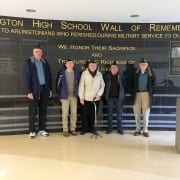
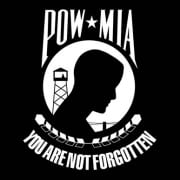
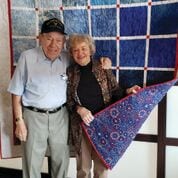
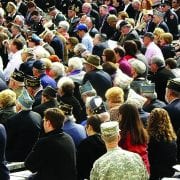

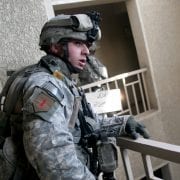




Leave a Reply
Want to join the discussion?Feel free to contribute!